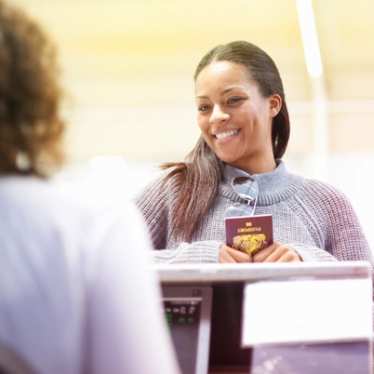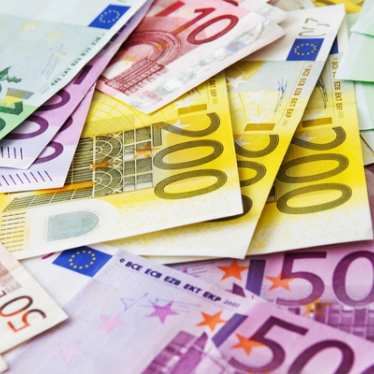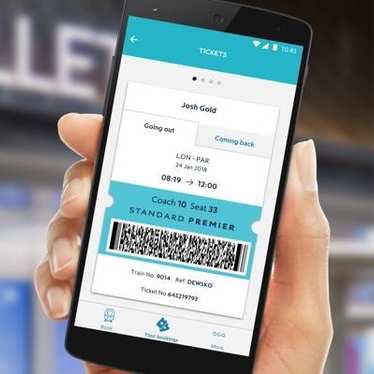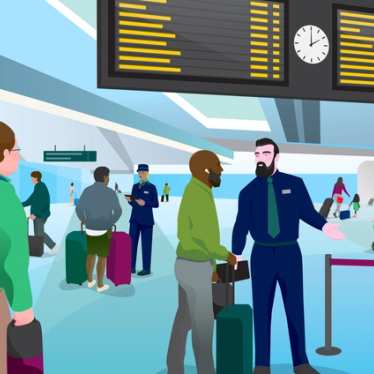
- Travel info
- Your trip
Preparing for your trip

Preparing for your Eurostar journey
All the information you need to prepare for your journey, from when to arrive at the station to travel documents and customs.

When to arrive at the station
Find out when you need to arrive at the station before your departure.

Travel documents
What travel documents do you need to travel on Eurostar? Find the answers you need here.

Customs
Everything you need to know about custom regulations when travelling between the UK and Europe.








